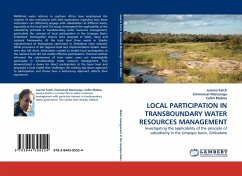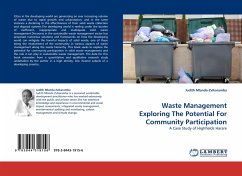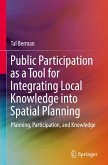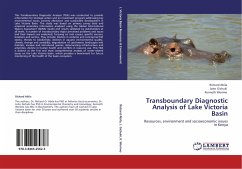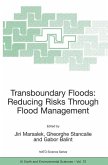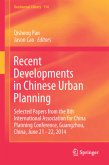IWRM-led water reforms in southern Africa have emphasised the creation of new institutions with little explanation regarding how these institutions can effectively engage with stakeholders at different levels, especially at the local level.The study investigated the applicability of the subsidiarity principle in transboundary water resources management, particularly the concept of local participation in the Limpopo Basin, Zimbabwe. Participation clauses were analysed in SADC, basin and national frameworks. At the local level three wards in Shashe subcatchment of Mzingwane catchment in Zimbabwe were selected. While provisions at the regional level lack implementation details, basin ones also fall short. Institutions created to enable local participation at the national level did not enable effective participation. Practical realities informed the submissions of how water users can meaningfully participate in transboundary water resource management. They demonstrated a desire for direct participation at the basin level and proposed a local model that challenges the existing top-down approach to participation and shows how a bottom-up approach reflects their aspirations.

